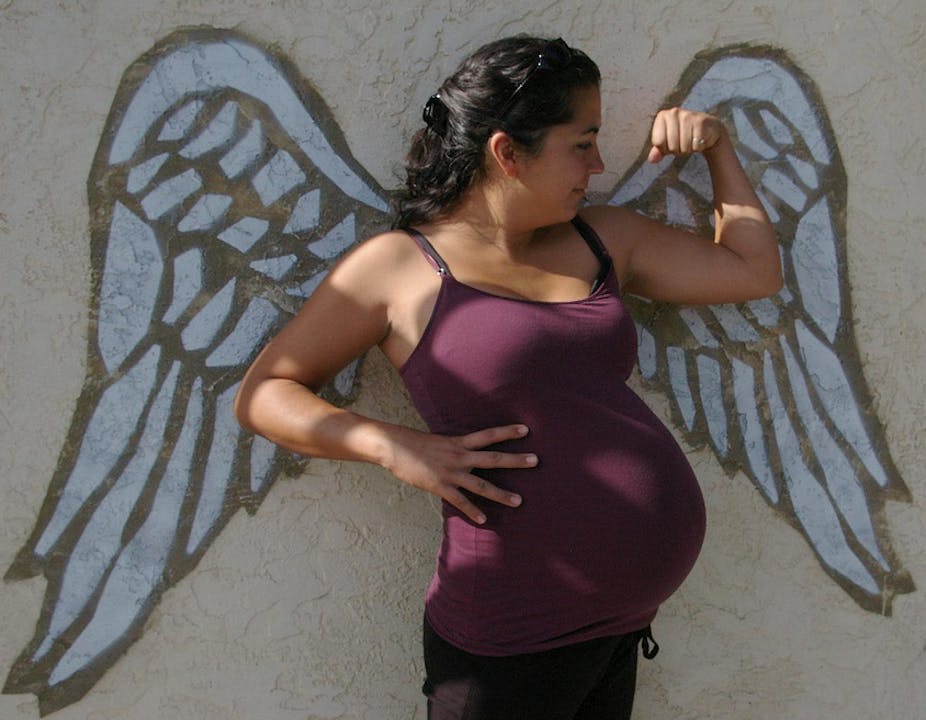Research published in this month’s BioEssays confirms something many of us have always known: women have stronger immune systems than men.
We fight off infections more readily, are less likely to develop cancer and tend to live longer than men.
At first glance this seems counter-intuitive. Males are the stronger gender of our species, if you measure muscle mass, physical prowess or speed.
This made sense when men were required to travel fast and go hard in order to defend the tribe or bring home big game by hunting.
Why then would females be more resistant to disease, and what is the evolutionary pay off?
X (chromosome) marks the spot
The new research involves some unique genetic elements called microRNAs.
RNA is often considered the poor cousin of DNA, because it is used as a translator molecule when proteins are formed.

But RNAs can also function as enzymes, by facilitating certain chemical reactions, or by modifying and regulating other genes.
MicroRNAs are short RNA segments that play a role in silencing other genes. 10% of all known microRNAs occur on the X chromosome.
This is where the link to females comes in.
Sex is determined in humans by special sex chromosomes (organised DNA structures found in cells) known as X and Y. Females carry two copies of the X, while males have one X and one Y.
It turns out that because women have twice as many X chromosomes as men, they get twice the benefit of these microRNAs which protect us, with an improved immune system and a lowered incidence of cancer.
A mother’s strength
So is this a coincidence, or could there be a good evolutionary reason?
Women of our species have always spent more time caring for others than the men. Traditionally, childcare extended to care for the sick and infirm in the tribe, and it would have been important that the carers were resistant to disease.
Men who spent more time away hunting and fighting needed stamina and strength more than they needed to resist infections and epidemics.
It makes good evolutionary sense to give the women stronger immune resistance. They were more exposed to disease and the tribe would rely on them to not get sick themselves so they could care for others.
As a mother myself, I can recall many times when my husband and son got sick but I did not. It was fortunate because how else could I take care of them and everything else that needs to be done when family members are unwell?

So it is possible that there is a reason for the activity of microRNAs on our X chromosomes.
This small genetic tweak has allowed women to evolve a strong immune system because, as mothers, they were continually exposed to disease and constantly required to care for the weak and the sick.
If you are a man, be thankful for this the next time you need your mother, female partner or friend to take care of you. If you are a woman, be grateful that nature is on your side.
No matter what life brings, you are stronger than you think, for the benefit of our whole species.

